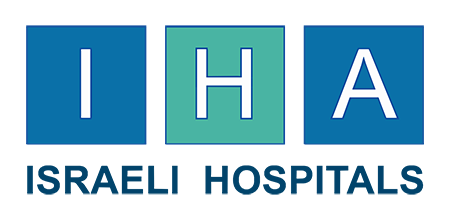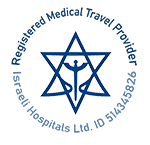Bispecifics in Myeloma Treatment at Sheba Hospital
What Are Bispecifics?
Bispecific antibodies (BsAbs) are a novel class of immunotherapy drugs showing promise in treating multiple myeloma, particularly for patients who have not responded to other treatments. Unlike traditional antibodies that target a single antigen, bispecifics engage two targets simultaneously: one arm binds to a protein on myeloma cells, and the other attaches to T cells or natural killer (NK) cells. This dual targeting enables the immune system to more effectively recognize and destroy myeloma cells.
Key Points on Bispecifics:
Efficacy:
Bispecifics have demonstrated impressive results, with deep and durable responses in relapsed/refractory myeloma cases. They are particularly effective for patients who do not qualify for CAR-T therapy.
- Targets: The primary targets are B-cell maturation antigen (BCMA), GPRC5D, and FcRH5 on myeloma cells.
- FDA Approvals: Teclistamab (BCMA-targeting) and talquetamab (GPRC5D-targeting) are approved for use after four or more prior therapies. Other promising bispecifics in development include elranatamab (BCMA) and cevostamab (FcRH5).
Safety and Toxicity:
- Common Side Effects: Include cytokine release syndrome, immune effector cell-associated neurotoxicity syndrome, cytopenias, and infections.
- Infection Risks: BCMA-targeted bispecifics carry higher infection risks, including viral infections, necessitating vigilant screening and prophylaxis.
- GPRC5D-targeted Bispecifics: Generally have lower infection risks but may cause skin rashes, nail disorders, and oral toxicities such as taste loss and swallowing difficulties.
- Management: While toxicities are generally manageable with supportive care, they require careful monitoring due to the significant efficacy of bispecifics in treating relapsed/refractory myeloma.
Treatment Availability: Sheba Hospital in Israel offers these advanced bispecific treatments, providing cutting-edge care for patients with advanced multiple myeloma.

Left to right: Dr Arnon Nagler, Dr Abraham Avigdor, Dr Hila Magen.
Sources:
Pubmed - Bispecific Antibodies for the Treatment of Multiple Myeloma
ASH publications
National Library of Medicine



